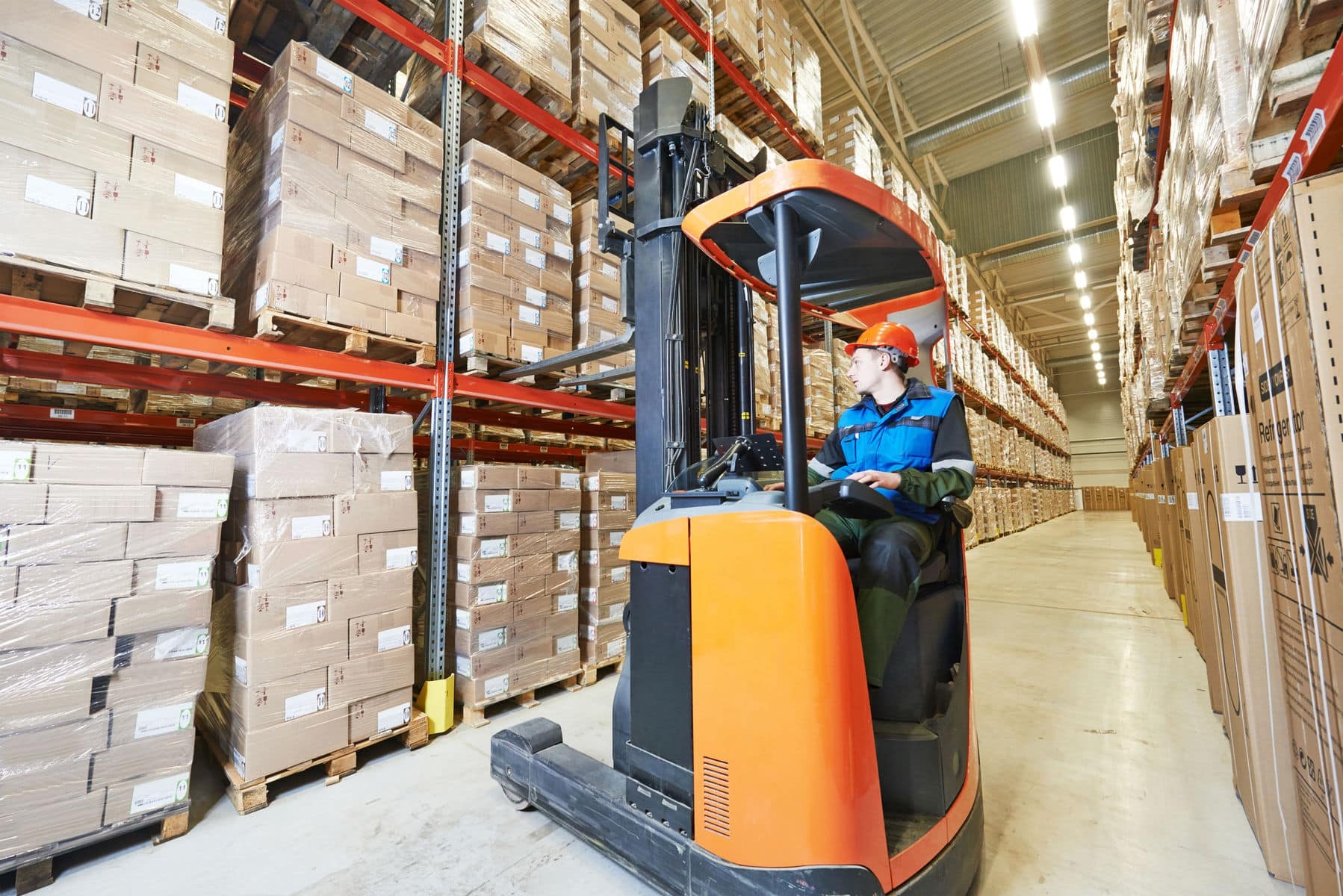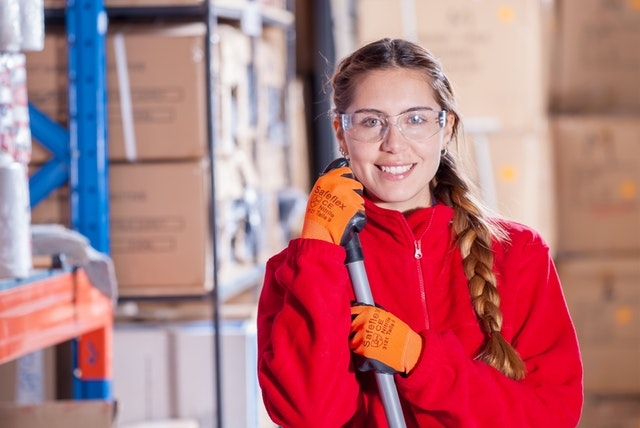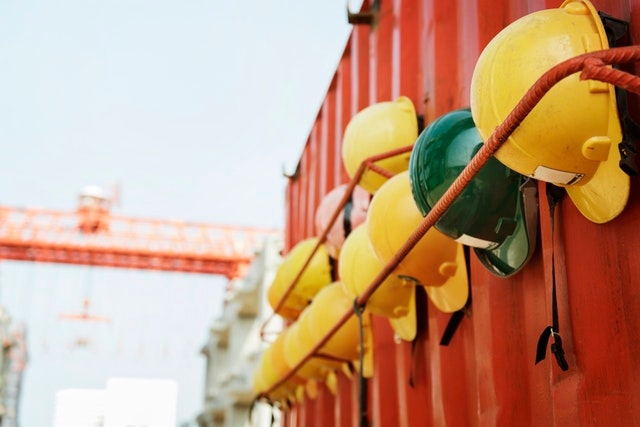Key Workers | Essential Coronavirus Update for Businesses
April 01, 2020 | By: Victoria Makepeace
 Due to the recent 'Lockdown' that has been imposed by the Government, people must only leave home for travelling to and from work and only if work absolutely cannot be done from home. As such 'Key Workers' have been deemed to be the only workers to leave their homes for work related activities.
Due to the recent 'Lockdown' that has been imposed by the Government, people must only leave home for travelling to and from work and only if work absolutely cannot be done from home. As such 'Key Workers' have been deemed to be the only workers to leave their homes for work related activities.
Who are Key Workers?
Those classified as key workers according to the
Government are as follows;
-
- Health and social care - nurses, midwives, social workers, care workers and other front line health and social care workers.
- Key Public Services - justice system, charities and workers offering front line services.
- Education and Childcare - nursery staff, teaching staff, certain specialist professionals.
- Local and National Government.
- Food and other Necessary Goods - food retail shops, distribution, pharmacies, takeaways, vets & pet food shops.
- Public Safety and National Security - armed forces, police, fire and rescue.
- Utilities, Communication and Financial Services - water, oil, gas, banking, other financial institutions, 999 and 111 services.
- Transport - supply chain, rail and road passenger transport.
If working from home in any of the above sectors is possible, it is advisable to do so. If this is not possible social distancing of 2 metres should be applied, along with hand washing, hand sanitising and avoiding touching your face.
Businesses such as; salons, clothing retail, bars and restaurants should remain close for the specified 3 weeks that the Government have set out.
Construction Industry | Coronavirus Guidance
Construction sites should be closed unless they are carrying out essential work i.e. maintaining public sector infrastructure. If this work is to be carried out then please consider the following advice:
- Written confirmation from client that site is considered ‘essential construction’
- Site by site consideration
- Virtual journey taken to establish safest way to get to work – avoiding public transport and contact where possible.
- Hired vans cleaned inside before used
- Carry anti-bacterial gel – in case there are no hand washing facilities on-site
- Bring packed lunches
- Avoid briefings, Toolbbox Talks and break out areas wherever possible
- Social distancing of 2m or more
- When refueling – wear gloves and use anti-bacterial gel afterwards
- Pay for fuel with contactless card – so fill-up less than £30
Please bear in mind that the advice from the UK Government is being updated on a regular basis and we will endeavour to keep the information on our website updated regularly.
Get in touch with our expert team of Health and Safety Consultants for guidance on specific issues relating to managing safety for your business.
Request a callback today »Share this with a friend:
 Due to the recent 'Lockdown' that has been imposed by the Government, people must only leave home for travelling to and from work and only if work absolutely cannot be done from home. As such 'Key Workers' have been deemed to be the only workers to leave their homes for work related activities.
Due to the recent 'Lockdown' that has been imposed by the Government, people must only leave home for travelling to and from work and only if work absolutely cannot be done from home. As such 'Key Workers' have been deemed to be the only workers to leave their homes for work related activities.






